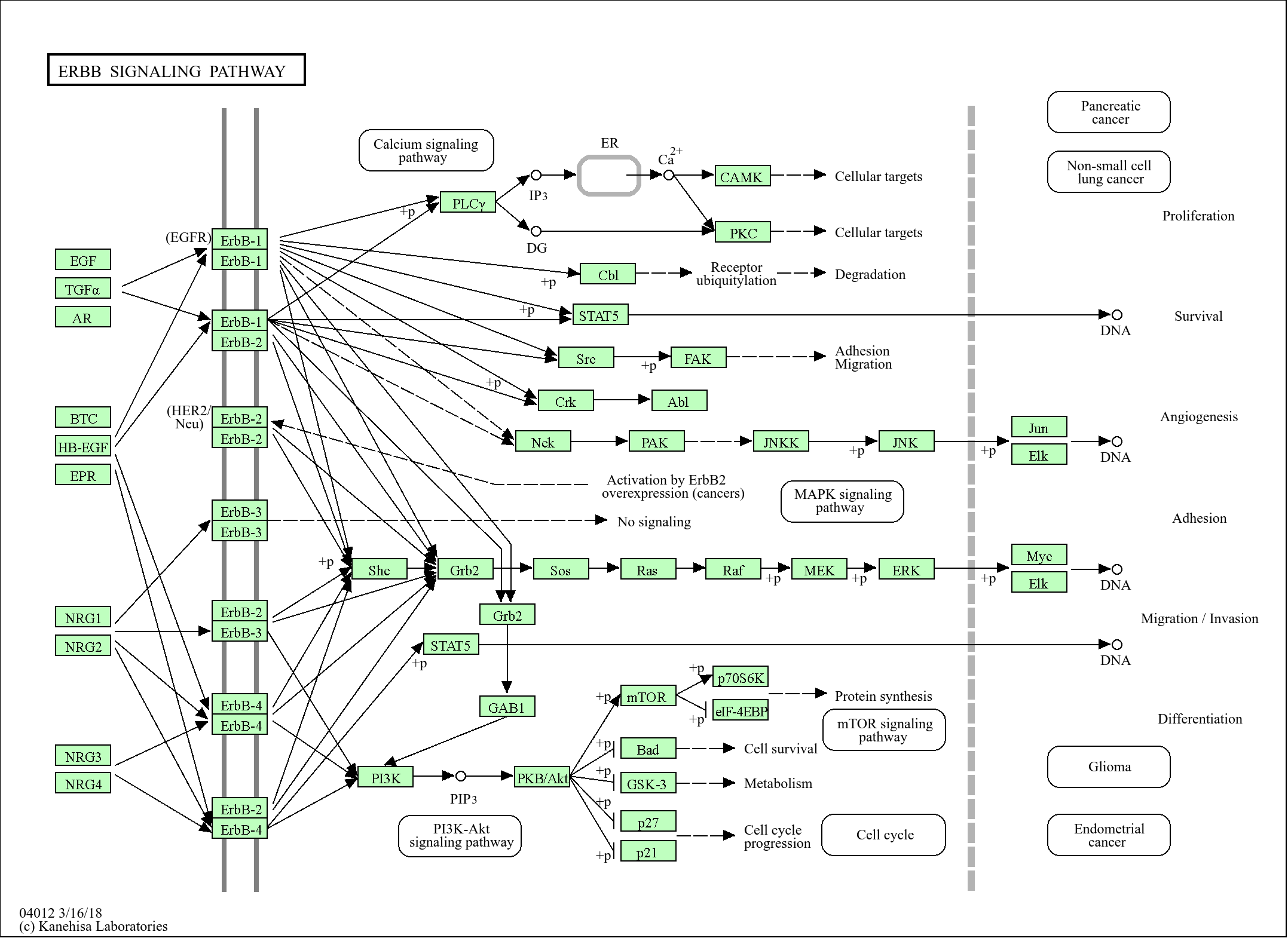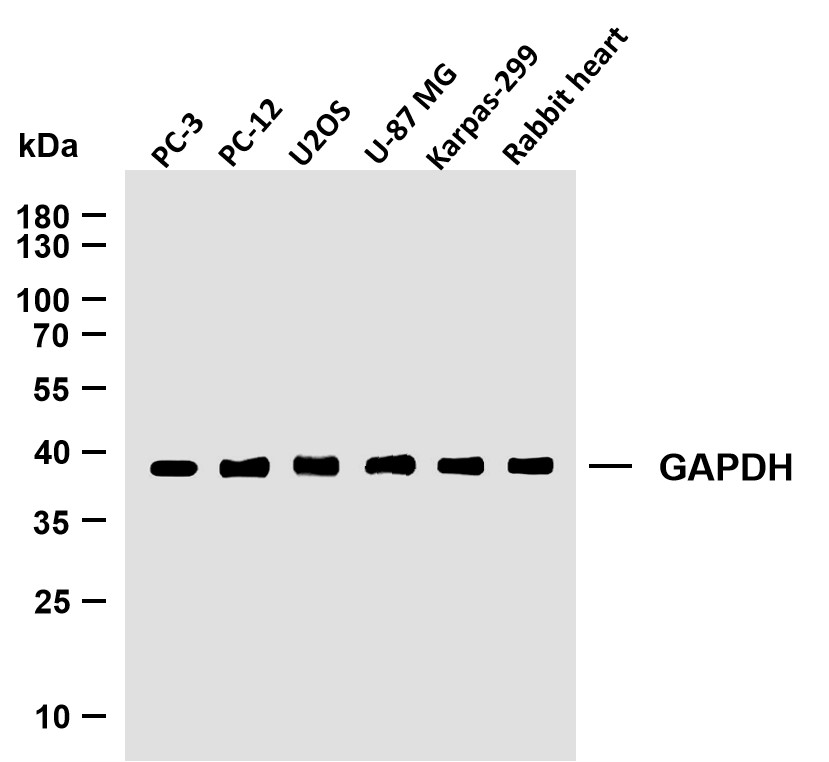
主要信息
Target
PEX16
Host Species
Rabbit
Reactivity
Human, Mouse
Applications
WB, ELISA
MW
36kD (Observed)
Conjugate/Modification
Unmodified
货号: YN1034
规格
价格
货期
数量
200μL
¥3,780.00
现货
0
100μL
¥2,300.00
现货
0
40μL
¥960.00
现货
0
加入购物车


已收藏


收藏
详细信息
推荐稀释比
WB 1:500-2000; ELISA 1:5000-20000
组成
Liquid in PBS containing 50% glycerol, 0.5% BSA and 0.02% sodium azide.
特异性
PEX16 Polyclonal Antibody detects endogenous levels of protein.
纯化工艺
The antibody was affinity-purified from rabbit antiserum by affinity-chromatography using epitope-specific immunogen.
储存
-15°C to -25°C/1 year(Do not lower than -25°C)
浓度
1 mg/ml
实测条带
36kD
修饰
Unmodified
克隆性
Polyclonal
同种型
IgG
相关产品
抗原&靶点信息
免疫原:
Synthesized peptide derived from human protein . at AA range: 100-180
展开内容
特异性:
PEX16 Polyclonal Antibody detects endogenous levels of protein.
展开内容
基因名称:
PEX16
展开内容
蛋白名称:
Peroxisomal membrane protein PEX16 (Peroxin-16) (Peroxisomal biogenesis factor 16)
展开内容
背景:
peroxisomal biogenesis factor 16(PEX16) Homo sapiens The protein encoded by this gene is an integral peroxisomal membrane protein. An inactivating nonsense mutation localized to this gene was observed in a patient with Zellweger syndrome of the complementation group CGD/CG9. Expression of this gene product morphologically and biochemically restores the formation of new peroxisomes, suggesting a role in peroxisome organization and biogenesis. Alternative splicing has been observed for this gene and two variants have been described. [provided by RefSeq, Jul 2008],
展开内容
功能:
Disease:Defects in PEX16 are a cause of Zellweger syndrome (ZWS) [MIM:214100]. ZWS is a fatal peroxisome biogenesis disorder characterized by dysmorphic facial features, hepatomegaly, ocular abnormalities, renal cysts, hearing impairment, profound psychomotor retardation, severe hypotonia and neonatal seizures. Death occurs within the first year of life.,Disease:Defects in PEX16 are the cause of peroxisome biogenesis disorder complementation group 9 (PBD-CG9) [MIM:603360]; also known as PBD-CGD. PBD refers to a group of peroxisomal disorders arising from a failure of protein import into the peroxisomal membrane or matrix. The PBD group is comprised of four disorders: Zellweger syndrome (ZWS), neonatal adrenoleukodystrophy (NALD), infantile Refsum disease (IRD), and classical rhizomelic chondrodysplasia punctata (RCDP). ZWS, NALD and IRD are distinct from RCDP and constitute a clinical continuum of overlapping phenotypes known as the Zellweger spectrum. The PBD group is genetically heterogeneous with at least 14 distinct genetic groups as concluded from complementation studies.,Function:Required for peroxisome membrane biogenesis. May play a role in early stages of peroxisome assembly. Can recruit other peroxisomal proteins, such as PEX3 and PMP34, to de novo peroxisomes derived from the endoplasmic reticulum (ER). May function as receptor for PEX3.,similarity:Belongs to the peroxin-16 family.,subunit:Interacts with PEX19.,
展开内容
细胞定位:
Peroxisome membrane ; Multi-pass membrane protein .
展开内容
组织表达:
Lung,
展开内容
研究领域:
>>Peroxisome
展开内容
文献引用({{totalcount}})
货号: YN1034
规格
价格
货期
数量
200μL
¥3,780.00
现货
0
100μL
¥2,300.00
现货
0
40μL
¥960.00
现货
0
加入购物车


已收藏


收藏
Recently Viewed Products
Clear allToggle night Mode
{{pinfoXq.title || ''}}
Catalog: {{pinfoXq.catalog || ''}}
Filter:
All
{{item.name}}
{{pinfo.title}}
-{{pinfo.catalog}}
主要信息
Target
{{pinfo.target}}
Reactivity
{{pinfo.react}}
Applications
{{pinfo.applicat}}
Conjugate/Modification
{{pinfo.coupling}}/{{pinfo.modific}}
MW (kDa)
{{pinfo.mwcalc}}
Host Species
{{pinfo.hostspec}}
Isotype
{{pinfo.isotype}}
产品 {{index}}/{{pcount}}
上一个产品
下一个产品
{{pvTitle}}
滚轮缩放图片
{{pvDescr}}




















